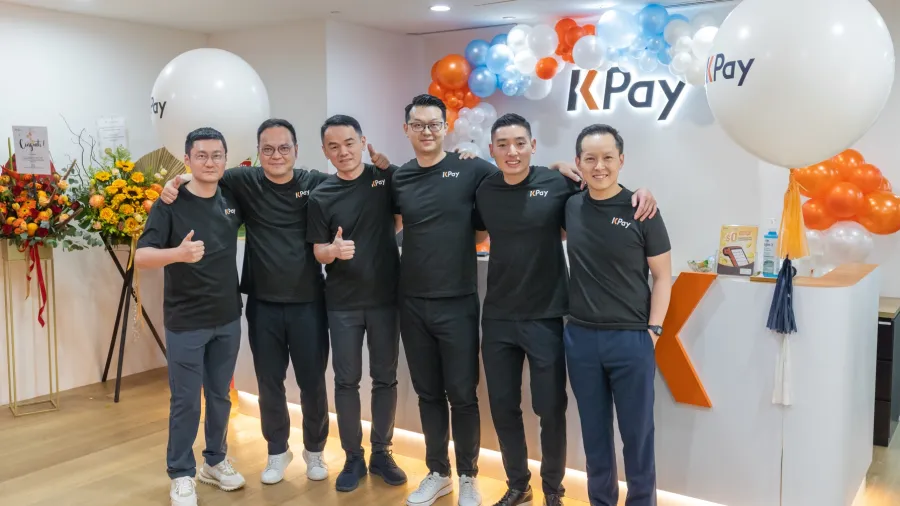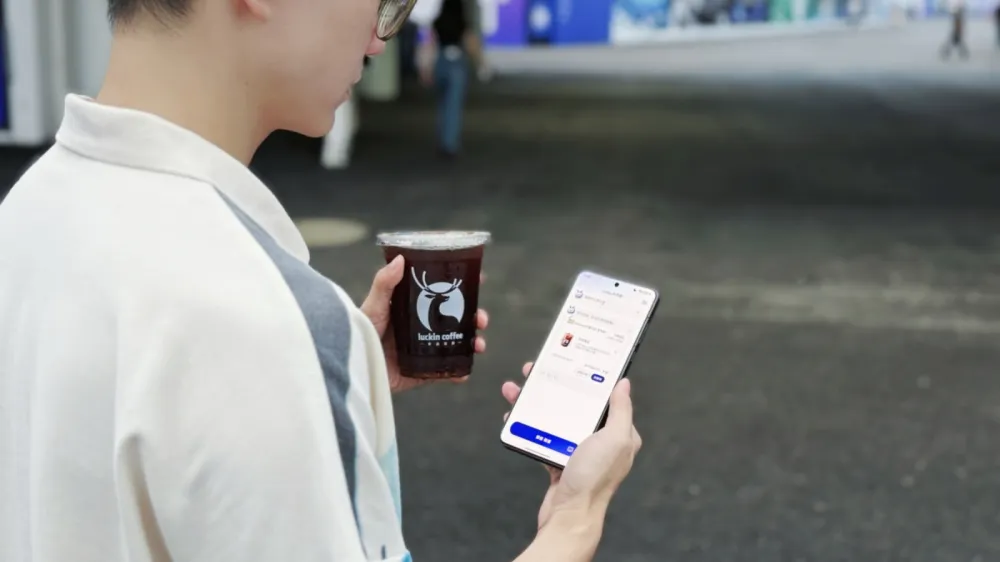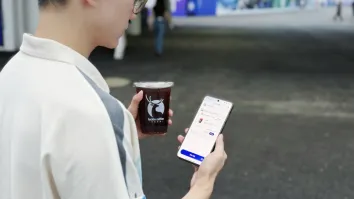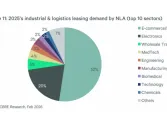
KPay’s unified payment solutions platform propels SME growth
After expanding into Singapore, KPay aims to dominate APAC and serve over 1 million merchants.
Keeping up with the new e-commerce dynamics, businesses are compelled to adopt innovative strategies to stay competitive, addressing both industry demands and evolving consumer expectations. One major challenge is the lack of efficient payment management tools that result in significant manpower efforts and costs.
To break this cycle that hinders businesses’ focus on growth, paytech startup KPay offers merchants an all-in-one payment solution, unified within a single, smart platform.
“KPay aims to bridge the gap between technology and business growth,” KPay CEO and Co-founder Davis Chan, told Singapore Business Review. “We are committed to create a more inclusive and intuitive approach to running a business that enables merchants to reach their maximum potential,”
“We want to empower businesses to operate effortlessly and without distraction, allowing them to focus entirely on their growth because a lot of merchants continue to lag behind in digital transformation as technologies, especially for SMEs, are too complex and expensive.”
The paytech startup launched its business three years ago in Hong Kong and later expanded operations into Singapore and Japan. Currently, KPay serves over 33,000 merchants in Singapore and Hong Kong, with a team of over 300 employees.
“Within our financial technology platform, we are not only providing an end-to-end payment system, we also have [other SaaS solution services] that allows our merchants to have access to affordable business tools, and customised financing options,” he said.
Coming from an entrepreneurial and tech background, KPay’s founders understand what kind of tech innovations businesses really need. “So, actually, KPay is our third business. Our first business is an SI company system integration company we started in 2009. That company is still operating but with our professional management team since 2015,” Chan revealed.
Throughout their entrepreneurial journey, Chan and his tech partners have encountered numerous SMEs that shared their common pain points.
“We found that [SMEs] want better payment services and they are underserved and they lack bargaining power. [Another thing is that] they are under-resourced on digital transformation. So, because they don’t have human resources, they don't have enough technology knowledge. So they want a professional community to guide them on market trends and digital transformation,” added Chan.
He said that SMEs also face cash flow problems as they lack options. “SMEs cannot always get the funds from traditional financial institutions because they don’t know how to help fund the private assessment so the application process is always too long,” he said.
Products
Recognising the pain points that SMEs face, KPay has developed products specifically designed to address these issues. In addition to its core product, KPay, the platform also offers KConnect and KFund.
“KConnect is a SaaS (Software as a Service) marketplace integrated with a lot of different kinds of SaaS solutions on our KPay platform. We [have] integrated over 90 SaaS partners on the platform, so that we can tailor make and also cherry pick the best solution for different kinds of merchants and advise them to adopt the right to solutions,” Chan said.
A KPay survey found that SMEs spend 45 minutes daily on payment reconciliation. With KConnect’s ready-to-use SaaS solutions, merchants can eliminate this burden and boost productivity.
KFund, on the other hand, possesses the data that enables their funding partners to have full access to merchant information and make informed lending decisions.
“[Our other product,] KFund, is a financing option for merchants,” said Chan, noting how a lot of SMEs complain they feel underserved by traditional financial institutions.
The product addresses the data gap which tends to prolong processing or lead to disapproval with established institutions.
“They (merchants) don’t know how to provide the documents and information for credit assessment. [In our KFund platform], we have a 3D view of merchants, and [we] allocate a lot of alternative data of the merchant, filling the gap between the financial institution and the merchant,” he explained.
These diverse merchant solutions are also designed to be affordable. “We are not offering the lowest pricing in the market, but [we offer] competitive pricing [with] a transparent pricing structure.[We do not have] hidden fees [like] monthly fee, annual fee, or application fee,” Chan said.
In addition, KPay is highly consumer-centric and offers 365 customer support a year, which set a new benchmark for the industry, ensuring that merchants receive assistance whenever needed.
Expansion
In the next five years, KPay’s goal is to achieve over a 1 million merchant base in the Asia Pacific region, which means that they need to expand beyond the Hong Kong and Singapore markets.
Some ideal countries KPay is eyeing for expansion include Australia and the Middle East, which Chan described as “pretty good markets.”
Over the past three years, the startup has been self-funded, raising a total of over US$10 million in equity to date.
“KPay has raised over US$10m of equity capital to date, all of which has been internal capital or [from] friends and family. Unlike many growth-stage companies in the region, to date, we have chosen not to raise a Series A yet from venture capital or institutional private equity funds, as we feel we have been very capital efficient,” Chan affirmed.
Chan said these funds have been primarily allocated for research and development and expansion efforts. However, given its rapid growth and increasing reach, KPay aims to attract institutional investors to support its continued development and scalability.
“As for a young fintech business, we focus on our plan to expand our footprint in the APAC region. This is why we have recently just launched our Singapore office [and we continuously] welcome like-minded investors to be part of this journey,” Chan said.



















 Advertise
Advertise











